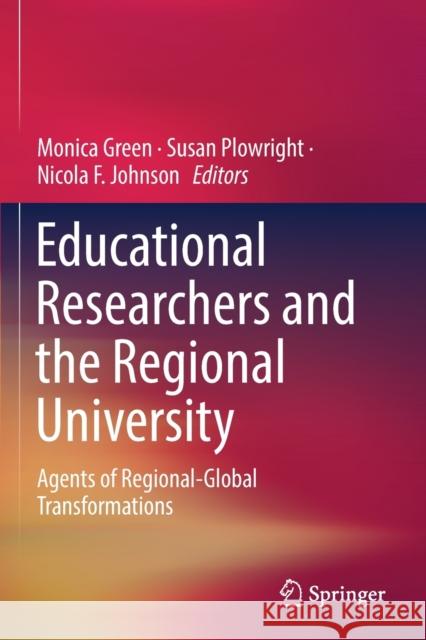Educational Researchers and the Regional University: Agents of Regional-Global Transformations » książka
topmenu
Educational Researchers and the Regional University: Agents of Regional-Global Transformations
ISBN-13: 9789811363801 / Angielski / Miękka / 2020 / 216 str.
Educational Researchers and the Regional University: Agents of Regional-Global Transformations
ISBN-13: 9789811363801 / Angielski / Miękka / 2020 / 216 str.
cena 402,53
(netto: 383,36 VAT: 5%)
Najniższa cena z 30 dni: 385,52
(netto: 383,36 VAT: 5%)
Najniższa cena z 30 dni: 385,52
Termin realizacji zamówienia:
ok. 22 dni roboczych
Dostawa w 2026 r.
ok. 22 dni roboczych
Dostawa w 2026 r.
Darmowa dostawa!
Kategorie:
Kategorie BISAC:
Wydawca:
Springer
Język:
Angielski
ISBN-13:
9789811363801
Rok wydania:
2020
Wydanie:
2019
Ilość stron:
216
Waga:
0.36 kg
Wymiary:
23.39 x 15.6 x 1.35
Oprawa:
Miękka
Wolumenów:
01
Dodatkowe informacje:
Wydanie ilustrowane











